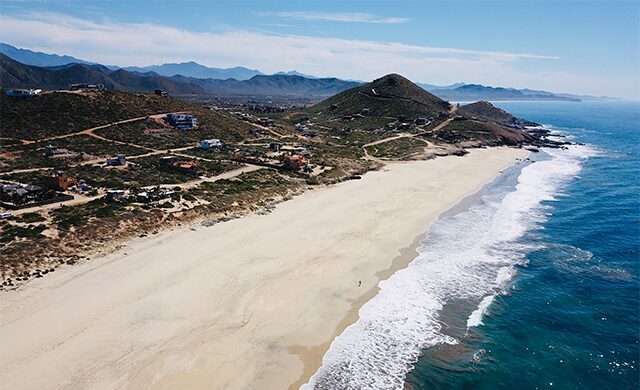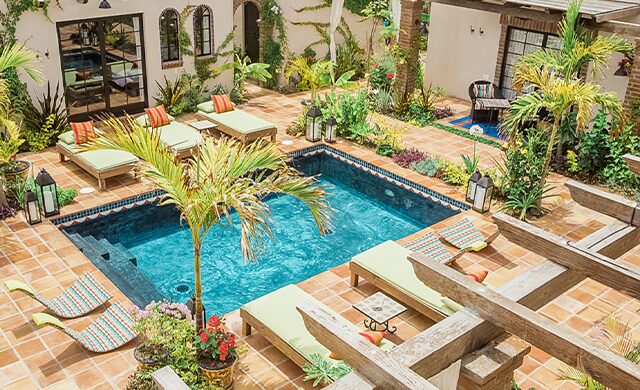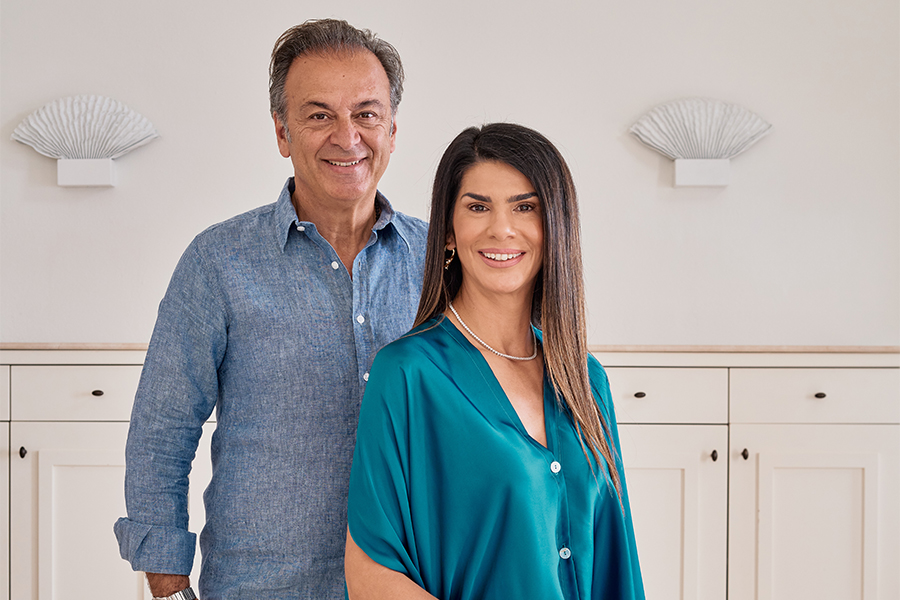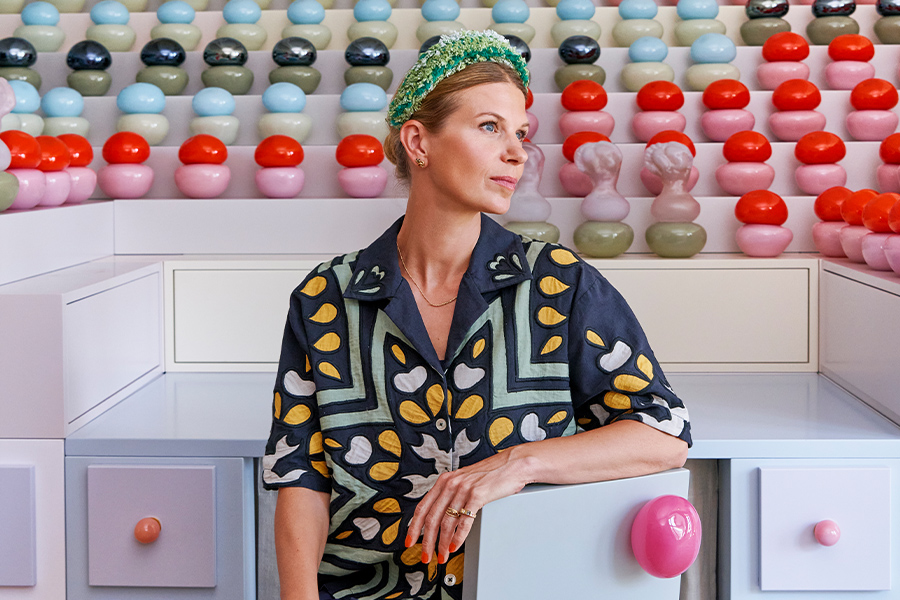A self-described rebel entrepreneur, Chip Conley has disrupted the hospitality industry not once, but twice. The visionary hotelier founded Joie de Vivre hotels when he was only 26 years old, transforming an inner-city motel in San Francisco into the second largest boutique hotel brand in the world. After 24 years, he sold the company, but it didn’t take long for Airbnb to tap Conley to help turn the travel startup into a powerhouse global hospitality brand in the share economy (he still serves as a strategic advisor). His most recent venture, the Modern Elder Academy, is the world’s first midlife wisdom school, complete with a beachfront campus in the heart of Baja California Sur, Mexico. Here, Conley shares the five lessons he has learned from past downturns.
Leaders are the emotional thermostats of those they lead
The higher you are in your organization, the more you influence the overall emotional climate. This is why it’s important to understand your emotions and how they affect others. When you’re in a situation with other people, our mirror neurons play together and emotions can be contagious. If you’re feeling a lot of anxiety as a leader and it’s [visible], it amplifies the problem. People want authenticity, vulnerability, and confidence. People used to call me the vulnerable visionary because I was honest about what wasn’t working. At the same time, I was focused on the solution.
What business are you in?
Ask yourself, what business are you in? When I was at Airbnb, I would say I was in the home-sharing business. [Ask it again], but you can’t answer the same way twice. So, I might say, ‘We’re in the helping people, turning-strangers-into-friends business.’ By the time you get to your fifth answer, you’ve done a bit of an archeological dig into what is the differentiator of your company. For Joie de Vivre, we were in the identity refreshment business. Each one [of our hotels] had its own name, identity, design, and five adjectives that defined the personality of the hotel. Once we [knew] our differentiator, we developed a collection of things that helped us amplify that differentiator.

Conley’s latest venture, the Modern Elder Academy
Focus on solving your customers’ problems, not your own
For the Hotel Vitale, we owned the right to build [a 200-room hotel] on San Francisco land. Just as we were trying to get financing, 9/11 happened, the dotcom bust happened, SARS happened. We were dead in the water. We couldn’t build anything. I did a deep dive and I said, ‘What are we going to do when we open this hotel? What will be its differentiator?’ Based on my experience building boutique campground Costanoa Lodge, [we believed] everybody wanted to do yoga. So I said, ‘What if we created a yoga studio on the top floor that had views of the Bay and every morning we did a yoga class?’ From the moment we opened, we had a line out the door of people who wanted to do the free yoga class. We focused not on our problem, but on our customers’ needs and their problems.
Double down on your evangelists
During one downturn, [the Abigail Hotel in San Francisco] had a vegan basement restaurant in a bad neighborhood. We created the Millennium’s Full Moon Aphrodisiac Night for every full moon. If you ordered the three-course menu for two, you got a free hotel room. We thought it was a promotion we would do during the recession, and it was one we did for 18 years. It worked because it was something that people could talk about. What can you do that will tap into your evangelists?
Adopt a growth mindset
Stanford psychologist Carol Dweck popularized the idea of fixed and growth mindsets. As people [with a fixed mindset] get older, their sandbox narrows. Their life is comfortable but boring because they only do things they feel they can do well. A growth mindset is the alternative to that. Instead of focusing on proving yourself, focus on improving yourself. And instead of having success be winning, success is [about] learning. When I joined Airbnb, I was reporting to a guy 21 years younger than me. I had to be open to learning the tech business at age 52. Instead of quitting because it felt like I was going to lose, I [shifted] my point of view: How can I be curious and wise at the same time? Sometimes you have to up the ante on curiosity and wisdom.

The Modern Elder Academy campus in Baja California Sur, Mexico
Photos by Lisa Keating and courtesy of Chip Conley
This article originally appeared in HD’s June 2020 issue.


